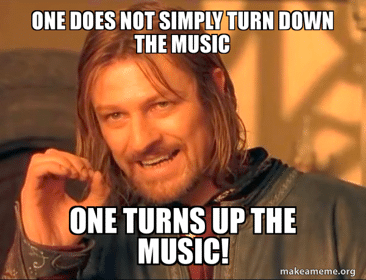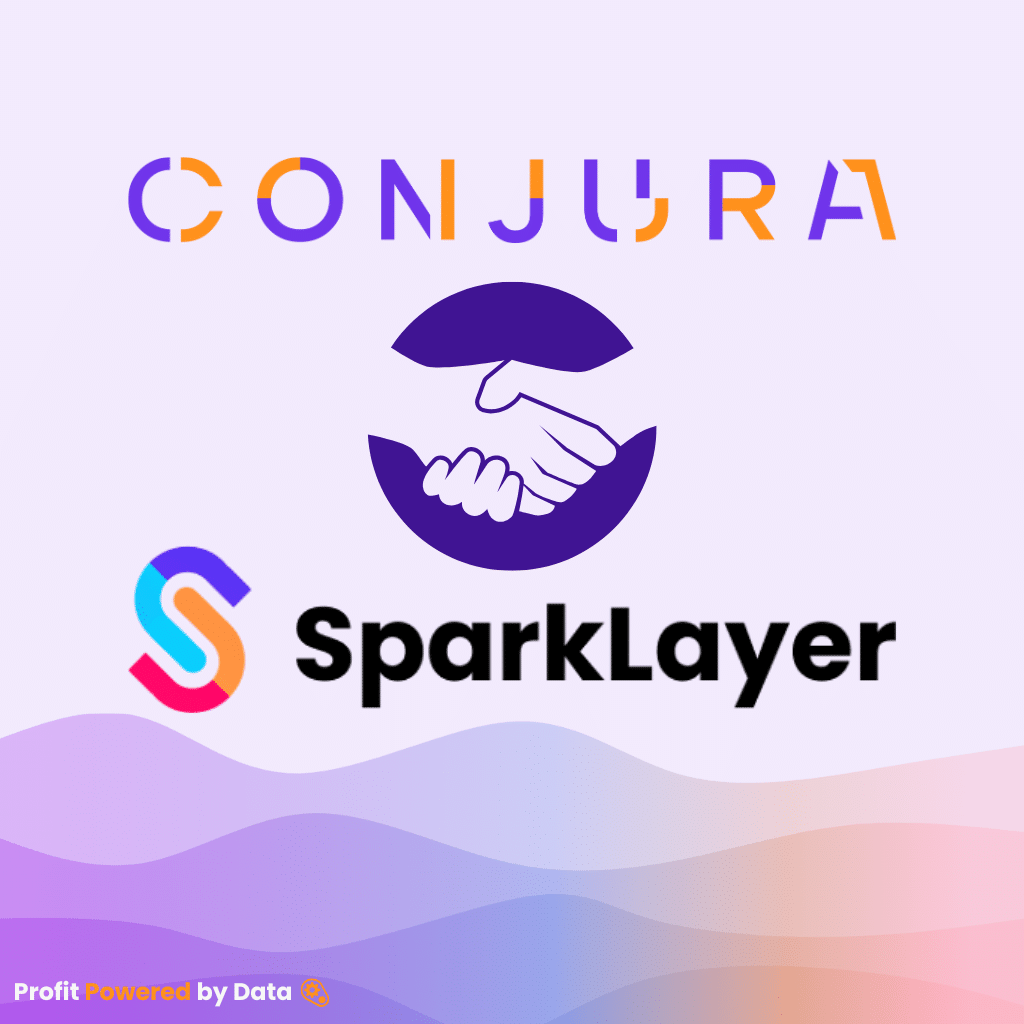Firstly, who are Gen Z? They we’re considered to be born between 1995 – 2013. Today, they are now 10-28 years old, with a significant difference between the eldest and youngest members.
However, the biggest commonality is they are all ‘Digital Natives’ born in a time where technology has rapidly evolved with the internet and social media being two examples. For brands wondering why is it important to reach them? Their spending power will only increase year on year as more graduate from education and join the workforce, giving them higher salaries to purchase from brands.
Marketing budgets from brands are also increasing year on year, to make an impact on these users who spend hours each day online consuming content across multiple devices. Research has shown that their attention spans are shorter, evident by TikTok’s enormous success with its short, eye-catching, and digestible content. IBM’s report highlights Gen Z’s increased education and knowledge when deciding on which brands to support (Haller et al (n.d).
If your brand wishes to stand out and engage with Gen Z, Optily have the following recommendations to get you started.
Authenticity is essential
Brands need to go above and beyond to build a long-lasting relationship with the Gen Z consumers. Engaging with them in a meaningful way, such as collaborating with them and hosting events to promote certain social and environmental causes. Having a tone of voice which resonates with them is also essential here. This brand personality needs to be consistent, not just on their social channels, but also across their website and support channels. Authenticity is not bought by brands with large budgets, but instead earned over time with consistency. While being interviewed, Ziad, a Gen Zer said, “Manifesting authenticity is particularly important to Gen-Z because we’ve grown up in such an oversaturated media landscape, so there’s so much content out there, and we need things that cut through the noise.” (Goel, 2021, p. 28) GenZ can quickly recognise an ad and thus are highly likely to disengage with it.
Make them laugh.
Using humour can help your ads stick with Gen Z, rather than becoming one of hundreds if not thousands of forgotten ads seen by an individual in a day. If an ad is to be effective, it needs to be memorable.
Excite your Audience
With so many ads being delivered daily to an individual, the image or video needs to be eye-catching with the branding visible early on in video content. The KFC ad seen here, was created by Ogilvy & Mather Hong Kong in 2018. This is a notable example of capturing the attention of your audience with a clever idea and great execution. (KFC’s advert is getting creative with some fried chicken 2018).

Be socially responsible.
Generation Z are socially conscious and want to support brands that align with their values. Human rights and sustainability are topics which Gen Z has already shown an enormous support for. Brands with authentic content or ads which promote social responsibility, such as sustainability or inclusivity, are more likely to resonate with this audience. There is now an expectation for brands to align themselves with these causes if they want stronger brand loyalty and increase consumer lifetime value. Gen Z can also spot brands jumping on the bandwagon. Some brands including H&M have been called out over fake claims of sustainable fashion with other brands ‘pinkwashing’ where the brand changes their messaging to promote LGBTIQ organisations during Pride, without supporting the organisations for the remainder of the year. Brands therefore need to be consistent, transparent, and inclusive.
Influencer Marketing
An important way to help brands get their messaging across in a less curated and filtered way is influencer marketing. While large influencers can be more expensive, micro influencers can help brands by creating content to promote their brand or products. Pay attention to the quality of their content though, Gen Z wants authenticity. If the post comes across as ingenuine, then it won’t work.
Brand Engagement
Likes, comments and shares are great, however there are more important forms of engagement. These include writing reviews and posting user generated content. As with other generations, reviews, and User Generated Content (UGC) are important parts of business, especially for smaller up and coming businesses who may not have the brand recognition as other giants in their industry, or creative resources to create their own content. People are more compelled to write a review or post about the service or product if it is fantastic, or else the other end of the spectrum, horrendous. Fromm & Read (2018) note in chapter two that 92% of people trust user generated content, highlighting the power of digital word of mouth. Brands therefore need to ensure that they have a strong product/service if they wish to receive positive user generated content or nice reviews. Interacting with user generated content and having permission to share UGC on branded pages increases the value and adds an element of trust to the brand to their audience.
Mobile first!
This is well known by now, but especially important. Gen Z are very much mobile first. Both marketing and the website needs to be mobile friendly. If not, the user will have a negative experience and disengage with the brand.

Turn up the music.
TikTok has shown the power of audio within social media. Stay on top of trends while selecting music which works for the brand, messaging and most importantly, your audience.
Personalisation
GenZ wants ads which are relevant to their interests. Connecting your product catalogue from your website to your ad platforms can help put the right products in front of the right people. This can work very well with retargeting users who viewed a specific product, but also finding prospective users who haven’t been on your site before, but who may have been viewing similar products elsewhere.

These are just a few tips that Optily recommend to help cut through the hectic media landscape and reach Gen Z in a more impactful way. Our team of experienced marketing experts are on hand to help businesses increase their efficiency with their paid digital advertising. You can connect with one of us for a free consultation here
For Shopify ecommerce merchants, we also have an embedded Optily App which is helping merchants quickly manage their ad spends across Meta & Google by pulling data from these platforms and Shopify, and with the latest AI, providing daily budget recommendations and instant budget updates. We have FREE plans available and 30-day free trials for our more advanced packages to suit your business needs. Discover more here
Check out these references for more details
- Fromm, J., & Read, A. (2018). Marketing to Gen Z: The Rules for Reaching This Vast–and Very Different–Generation of Influencers (Special ed.) [E-book]. AMACOM.
- Goel, R. (2021). The Gen-Z Book: the A to Z about Gen-Z [E-book]. New Degree Press.
- Haller, K., Glass, S., Wong, C. K., & Cheung, J. (n.d.). Gen Z consumers have expectations about value, choice, and quality in retail. And technology is only important if it enhances their shopping experience. IBM. Retrieved December 2, 2021, from https://www.ibm.com/thought-leadership/institute-business-value/report/genzshoppers#







